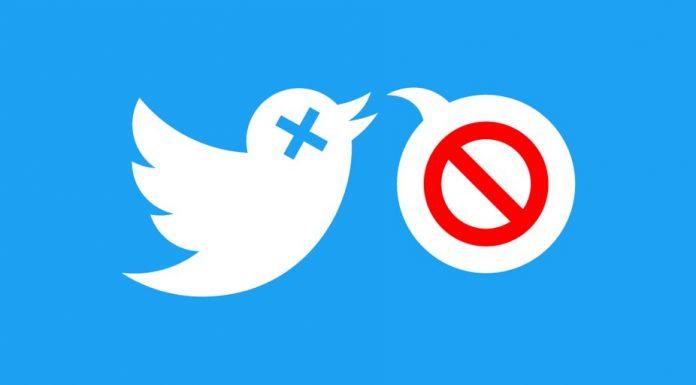The Florida House Appropriations Committee passed a bill to regulate social-media publishers and fine them for censoring or removing accounts of political candidates, South Florida’s Sun Sentinel reported.
Rep. Blaise Ingoglia, R-Spring Hill, said his bill, HB 7013, would discourage Big Tech companies from influencing political discourse at a time when campaigns can be won or lost on the basis of social-media presence.
“When you have a handful of companies that are so powerful they can dictate what can or cannot be seen or heard in order to make informed choices I think that that is problematic,” Ingloglia said.
The House Appropriations Committee passed the bill 19-8 with bipartisan support. Two Democrats voted for the bill, and one Republican voted against it.
The politicians who oppose the bill said it is destined for failure because it infringes on private companies’ First Amendment right to choose which ideas they allow on their platforms.
“Members, we’re going to pass something that we have very strong reason to think is unconstitutional,” said Rep. Joe Geller, D-Aventura. “Ultimately we’re probably going to lose and the people who are going to pay are really not us sitting at these tables it’s going to be the taxpayers.”
But in the wake of the unprecedented censorship campaign waged against conservative users over matters such as vote fraud, coronavirus skepticism and the Biden family’s corruption, critics argue that Silicon Valley companies have ceased to be neutral free-speech platforms and have crossed over into partisan activism—or worse, election interference.
The bill has one more committee hearing before the full House vote. With the enthusiastic support of Republican Gov. Ron DeSantis—himself a leading contender for the GOP’s 2024 presidential nomination—it is expected to pass.
If it were to become law, offenders such as Google, Facebook, Twitter, Apple and Amazon would have to pay $100,000 per day for restricting or banning the posts of statewide and federal candidates, and $10,000 per day for local candidates.
The bill also would mandate transparency measures by requiring technology platforms to publicly post speech standards and not updating them more than once every 30 days.
Ingoglia said HB 7013 is compatible with the First Amendment because it simply demands equal treatment under the law and neither compels nor restricts speech.
“All we’re saying is hold it to both sides,” Ingoglia said. “Publish the standards. Hold everyone accountable.”

